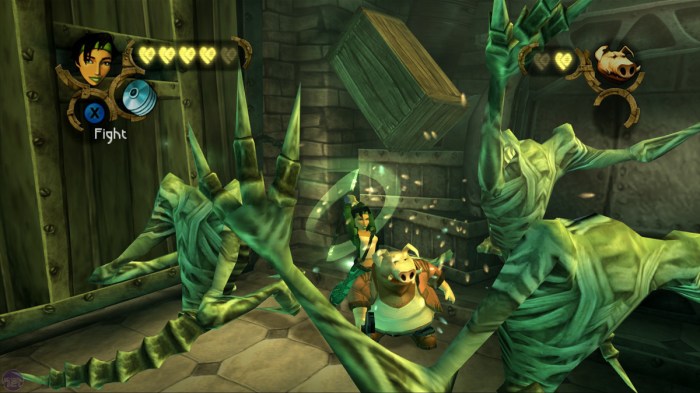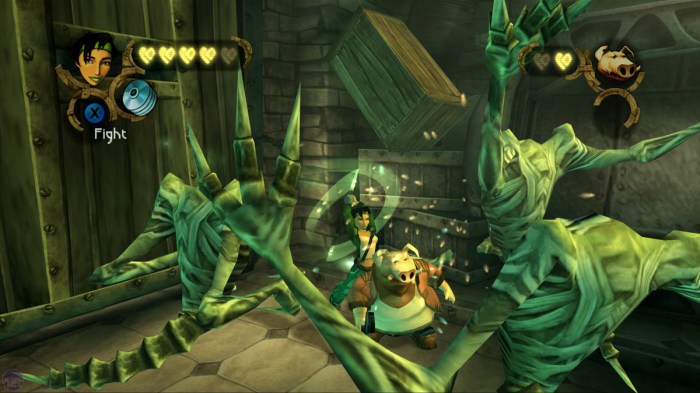
Beyond Good and Evil: Exploring Nietzsches Revolutionary Philosophy
Beyond Good and Evil, a title that immediately sparks intrigue, plunges us into the mind of Friedrich Nietzsche, a philosopher who dared to challenge the very foundations of morality. This work, considered a cornerstone of his philosophical legacy, delves into the nature of good and evil, questioning the traditional values that have long governed human behavior.
Nietzsche’s exploration goes beyond simply questioning the existing moral framework. He proposes a radical reinterpretation of morality, suggesting that it is not an objective truth but rather a construct shaped by power dynamics. He introduces the concepts of “master morality” and “slave morality,” arguing that these contrasting systems of values reflect the inherent power struggles within society.
Beyond Good and Evil in Literature and Art

Nietzsche’s “Beyond Good and Evil” is a philosophical treatise that challenges traditional moral values and encourages a reevaluation of concepts like truth, morality, and human nature. Its influence extends far beyond philosophy, impacting literature and art in profound ways. This essay explores how “Beyond Good and Evil” themes are manifested in these creative mediums.
Exploring “Beyond Good and Evil” Themes in Literature
The exploration of “Beyond Good and Evil” themes in literature is widespread, with numerous works reflecting Nietzsche’s ideas on morality, truth, and the human condition.
- Albert Camus’s “The Stranger” (1942):This novel exemplifies the theme of “amor fati” (love of fate) through Meursault, the protagonist, who embraces his existential condition and accepts his fate without resistance. Camus’s work reflects Nietzsche’s idea of accepting the absurdity of life and finding meaning in the face of it.
- Fyodor Dostoevsky’s “Notes from Underground” (1864):This novella delves into the themes of nihilism and the individual’s struggle for meaning in a world devoid of objective values. The underground man, the protagonist, rejects conventional morality and embraces his own subjective experience, echoing Nietzsche’s critique of traditional morality.
- Joseph Conrad’s “Heart of Darkness” (1899):This novella explores the dark side of human nature and the destructive potential of power. Kurtz, the protagonist, succumbs to the primal instincts of the “heart of darkness,” challenging the notion of inherent goodness and reflecting Nietzsche’s view of the “will to power.”
Expressing “Beyond Good and Evil” Themes in Visual Art
Visual art provides another avenue for exploring “Beyond Good and Evil” themes, with artists using various techniques to challenge conventional perspectives and question the nature of reality.
- Expressionism:This artistic movement, characterized by bold colors, distorted forms, and emotional intensity, reflects Nietzsche’s emphasis on individual experience and the subjective nature of truth. Artists like Edvard Munch, whose iconic painting “The Scream” (1893) embodies the anguish and alienation of modern life, exemplify this trend.
- Surrealism:This movement, known for its dreamlike imagery and illogical juxtapositions, embraces the irrational and the subconscious, echoing Nietzsche’s critique of reason and the pursuit of objective truth. Salvador Dalí’s “The Persistence of Memory” (1931) exemplifies this approach, with its melting clocks challenging the notion of time and reality.
- Abstract Expressionism:This movement, characterized by spontaneous gestures and non-representational forms, embraces the artist’s subjective experience and the process of creation, aligning with Nietzsche’s emphasis on individual expression and the creation of new values. Jackson Pollock’s “Number 1, 1950” (1950), with its dynamic and chaotic composition, is a prime example of this trend.
Impact of Nietzsche’s Ideas on Existentialism and Postmodernism
Nietzsche’s ideas have profoundly impacted the development of existentialism and postmodernism, two significant intellectual movements of the 20th century.
- Existentialism:This philosophical movement, emphasizing individual freedom and responsibility, draws heavily on Nietzsche’s concept of the “will to power” and his critique of traditional morality. Key figures like Jean-Paul Sartre and Albert Camus embraced Nietzsche’s notion of creating one’s own meaning in a meaningless universe.
- Postmodernism:This intellectual movement, characterized by its skepticism towards grand narratives and universal truths, draws inspiration from Nietzsche’s critique of reason and his emphasis on the power of language. Postmodern thinkers like Jacques Derrida and Michel Foucault explored the ways in which language constructs reality, challenging the notion of objective truth and embracing the multiplicity of perspectives.
Nietzsche’s “Beyond Good and Evil” challenges us to question our moral frameworks, to look beyond the simplistic binary of good and evil. This exploration of morality resonates with the complex web of economic forces that led to the global economic crisis of 1997-1999, as outlined in this insightful article on debt and the crisis.
Just as Nietzsche urged us to go beyond conventional morality, understanding the intricate interplay of debt, speculation, and global interconnectedness allows us to see the crisis not as a simple case of good versus evil, but as a complex consequence of choices made within a particular economic system.
Nietzsche’s “Beyond Good and Evil” challenges us to question the very foundations of our morality, prompting us to consider the complex motivations behind actions. This applies even to the seemingly straightforward issue of north korea and nuclear weapons , where the pursuit of power and security might lead to a moral quagmire.
Understanding the motivations and perspectives of those involved, regardless of their actions, is crucial for navigating the gray areas of morality and finding a path toward a more peaceful world.
Nietzsche’s “Beyond Good and Evil” challenges us to question our moral frameworks, to look beyond the simplistic binaries of good and bad. This philosophical exploration resonates with the complexities of the relationship between pharmaceutical corporations and medical research , where the pursuit of profit often intersects with the quest for human health.
Navigating this intricate landscape requires a nuanced understanding of motivations and consequences, reminding us that even the most noble intentions can have unforeseen ramifications.






